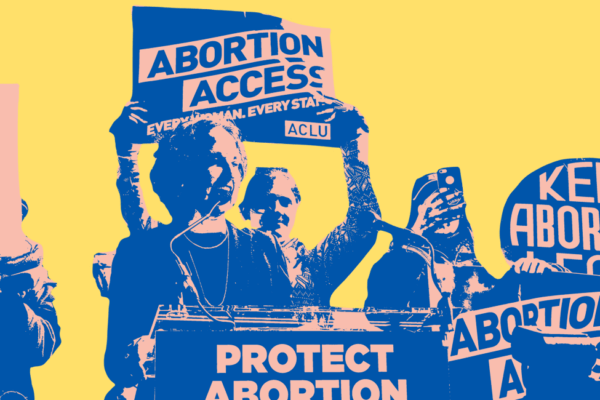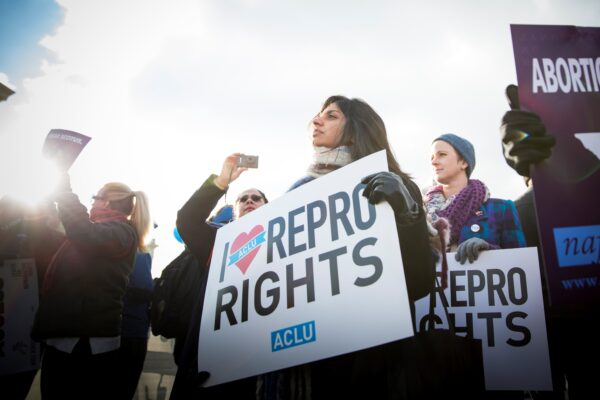The U.S. Supreme Court’s landmark decision, Roe v. Wade, recognized a constitutional right to abortion in 1973.
Now, with Donald Trump in the Oval Office and a staunchly conservative majority in control of the Supreme Court, that opposition has reached a fevered pitch, both on the streets and in legislatures across the country.
Anti-abortion activists, feeling empowered, are “making life a living hell” for abortion providers and patients alike, says Renee Chelian, who runs three family-planning clinics in the metro Detroit area. She describes the constant harassment of clinic staff, who are routinely subject to verbal abuse, threats, and having their personal information posted on anti-abortion web sites.
It’s not just her clinic. The National Abortion Federation (NAF) recently reported that U.S. abortion providers faced an “alarming escalation” in incidents of disruption and intimidation in 2018. Trespassing reached the highest level since 1999, when the NAF began recording such incidents. Providers also reported record levels of picketing, and the most vandalism since 1990.
At the same time, expecting the U.S. Supreme Court to either uphold new laws that drastically curtail access to abortions or overturn Roe completely, lawmakers are rushing into action. According to a recent report by the Guttmacher Institute, in the first six months of 2019 state legislatures across the South, Midwest and Plains states “have enacted 58 abortion restrictions, 26 of which would ban all, most, or some abortions.”
Despite strong public support for reproductive freedom, Michigan legislators have joined those efforts. At least a dozen anti-choice bills have been introduced in the state House and Senate this session. Although Gov. Gretchen Whitmer has promised vetoes, other strategies are underway that don’t require the governor’s signature to become law.
Two anti-abortion groups recently received approval from the state Board of Canvassers to begin gathering signatures to put separate measures on the ballot. One would criminalize abortions performed after cardiac activity is detected in a fetus or embryo, which can happen as early as six weeks into a pregnancy. A second petition drive seeks to ban a safe second-trimester procedure known as the dilation and evacuation method.
If either effort qualifies for the ballot, legislators would have the option of passing them directly into law, circumventing both the will of voters and a likely veto from the governor.
We must hold Lansing legislators accountable. Health, not politics, should guide important medical decisions at every point in pregnancy. Stay in the fight.


